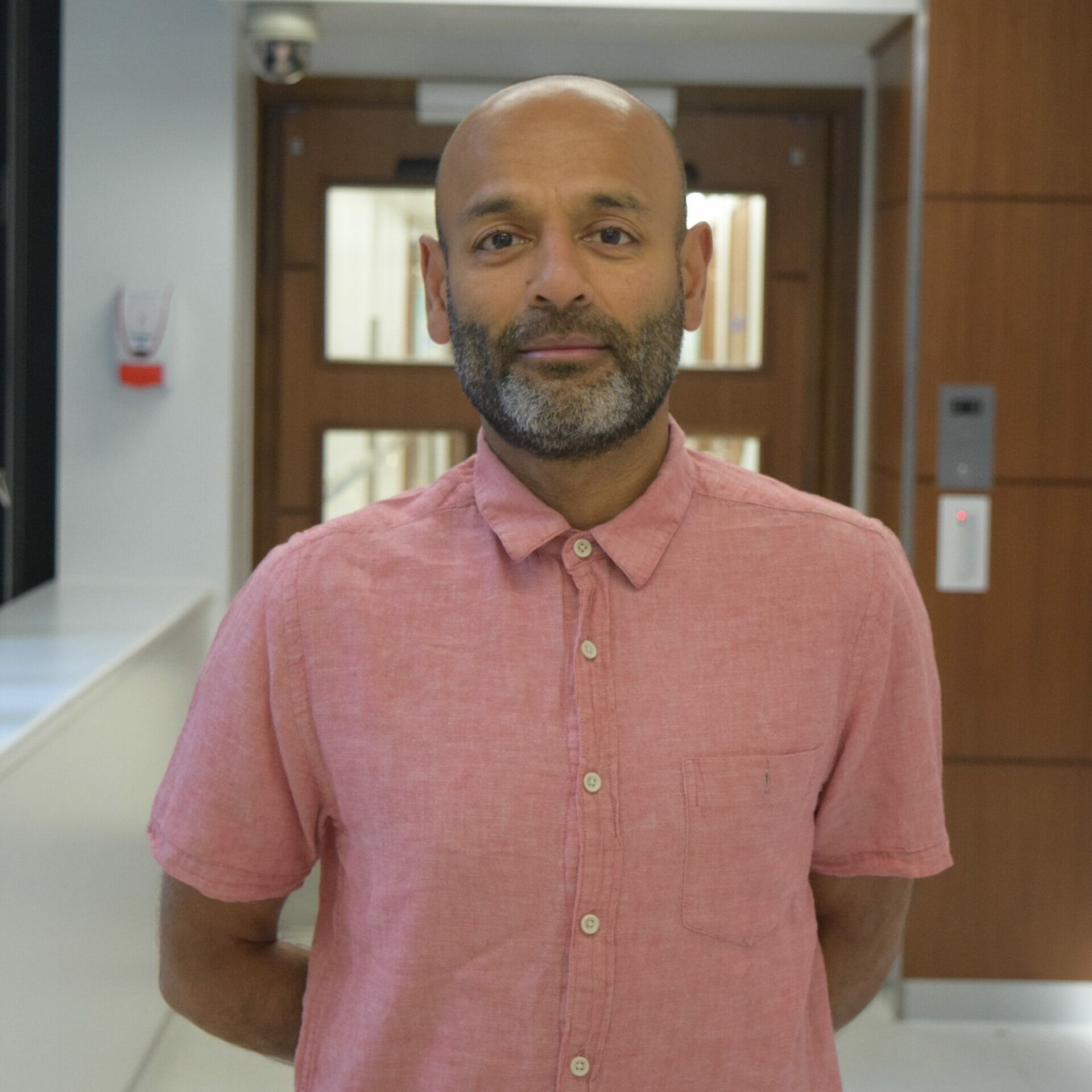London Medical Paediatrics
Diabetes in the young
Here at London Medical, we are dedicated to your child’s total health and well-being. Whether you are looking for ongoing paediatric support or a second opinion from a specialist paediatrician, our world-class consultants deliver care you can trust in a warm and comfortable environment.
Specialist diabetes care for children and adolescents of all ages
When your child is diagnosed with diabetes, it can be overwhelming for the whole family to get to grips with their diagnosis. Your child will need a lifetime of expert care to maintain their health and prevent complications. Many parents are frightened for the future, but the specialist diabetic team at The London Diabetes Centre can help. London Medical began as a diabetes clinic, and 30 years on, we’re still specialising in paediatric diabetes care. We are dedicated to helping children and young people living with diabetes learn how to manage their condition successfully and safeguard their health.
Dedicated type 1 and type 2 diabetes support
Most children with diabetes have type 1, but we’ve seen that type 2 diabetes is becoming increasingly common in young people. Whatever form of diabetes your child has, the condition needs careful control so that they can stay healthy and reduce long-term complications.
Type 1 diabetes
It can be a shock when your child develops type 1 diabetes. Frustratingly we don’t fully understand what causes it. Type 1 diabetes is an auto-immune condition where the body mistakenly attacks its own insulin-producing cells in the pancreas – resulting in an insulin deficiency. Since the body cannot naturally produce the insulin it needs to regulate blood sugar, insulin must be given by injection or pump.
We understand that coping with your child’s type 1 diabetes can be challenging. You are probably overwhelmed with questions and concerns such as:
- how to prevent dangerous hypos during sleep or after exercise
- how to understand what triggers spikes and drops in blood sugar levels
- how to prevent long-term complications
- how to choose and navigate the many options available in diabetes technology.
We offer individualised care plans to help children with type 1 diabetes learn how to manage their condition successfully and live well with diabetes. As well as education on carb counting and blood sugar monitoring, our plans often include recommendations on how to use the latest continuous glucose monitors (CGM) to reduce finger-prick testing and improve blood glucose levels. Pumps are often prescribed to provide more flexibility around meals, reduced risk of hypos and more stable blood glucose levels.
Type 2 diabetes
With the rise in childhood obesity, we’re also seeing a rise in type 2 diabetes in children and young people. Unlike type 1 diabetes, the pancreas still produces insulin, but the body has developed a resistance to its effects. This insulin resistance is believed to be caused by excess fat in the muscles, pancreas and liver.
The strategies for dealing with type 2 diabetes are very different from those used for type 1. At The London Diabetes Centre, we have dedicated experts in treating type 2 diabetes. Your multi-disciplinary team will help you understand how crucial changes to diet, weight and lifestyle can return blood sugar levels to the normal range and put your child’s type 2 diabetes into remission.
We understand that implementing and maintaining behavioural changes at any age is never easy. The team at The London Diabetes Centre will work with you and your child to develop an individualised support plan that promotes a healthy diet and exercise, diabetes education and holistic psychological support.
Screening for long-term complications
Your child might not be thinking about their health 30 years on, but you are and we’re here to help. Diabetes can affect your child’s body from top to toe. If their blood glucose levels are persistently high, they can progressively damage their small blood vessels. Over time, diabetes can affect the blood supply to different organs and body systems, but the cells in the back of their eyes, kidneys, heart and feet are more at risk.
The long-term complications of diabetes might include:
- cardiovascular disease
- high blood pressure
- eye diseases such as diabetic retinopathy and diabetic macular oedema
- kidney damage (nephropathy)
- foot damage
The good news is that excellent diabetes control reduces the risk of your child developing any long-term complications of diabetes. We offer regular screenings to identify problems at an early stage and start treatment to safeguard their future health.
How we can help
Our highly skilled paediatric diabetologists are supported by specialist dieticians, clinical psychologists and diabetes specialist nurses with experience and expertise in treating and communicating with young people.
Education
As a parent, you have a crucial role in helping your child learn to manage their diabetes and live a full and happy life. The London Diabetes Centre can help you and your child become diabetes experts. They will help you gain the knowledge, skills and confidence to successfully manage their condition.
Our comprehensive educational support includes:
- school support and education
- carb counting training
- nutritional advice
- exercise counselling and guidance
- advice on blood sugar monitors and data
- podiatrist care and advice about keeping feet healthy
Technology
Continuous glucose monitoring (CGM) and insulin pump therapy can help improve glucose control, reduce complications and boost quality of life for children and young people living with diabetes. The right technology can revolutionise your child’s diabetes care. At The London Diabetes Centre, we offer the very latest diabetes technology, a tailored training programme and the support your child needs to become an expert at controlling their diabetes.
The highly experienced diabetes team will help your child choose the CGM and pump that best meets their needs and lifestyle. This includes access to the latest models not yet available on the NHS. Our team will then provide a simple, easy-to-understand education programme to help you and your child get the best from their technology to manage their diabetes successfully. health.
Weight support
If your child has been diagnosed with type 2 diabetes, losing weight is one of the very best things that they can do to treat and manage their condition. But weight loss at any age can be challenging. We take a whole-team approach at London Medical. Our dedicated team of experienced paediatric consultants, dietitians and diabetes specialist nurses will work closely with you and your child to provide nutritional advice, set exercise targets, offer psychological support and monitor progress.
Comprehensive testing and investigations
We offer a comprehensive range of tests and investigations for children and adolescents with type 1 and type 2 diabetes to ensure your child’s overall health. Regular testing can monitor long-term blood sugar control, check for other conditions and screen for diabetes complications.
Testings and investigations include:
- Regular HbA1c testing to assess glucose levels over a prolonged period of time
- Renal function tests
- Screening for MODY, a rare genetic form of diabetes that more commonly affects adolescents and young adults
- Tests for autoimmune thyroiditis and coeliac disease which can accompany diabetes in some children
- Lipid analysis to measure cholesterol and triglycerides
- Vitamin D which is frequently low in children with type 1 diabetes
- Screening for retinopathy
- Screening for nephropathy including urinalysis
- Screening for cardiovascular complication including regular blood pressure monitoring
- Oral glucose tolerance testing for diagnosis of diabetes and prediabetes in children and young adults
Growing up and moving on
If your child has a chronic condition like diabetes, you will likely have heard the term ‘transition’ — this is the time in an adolescent’s life when they move from paediatric care to adult care, often at a set age or cutoff time. Although this specific transition period from paediatric to adult care is important, we believe there is so much more to it than this.
Our growth and development don’t stop just because we become legal age or move out of our family home. For young people, growth and development continue right up until the age of 25, with each individual reaching their full maturity at a time that is unique to them. Our consultants understand this varies for each individual young person. That’s why they will continue to treat their diabetes patients beyond the traditional transition time until they are ready to move on.
So whether your child moves out of paediatric care when they are 18 or 25, you can be sure that their paediatric diabetologist has carefully considered their readiness and made a complete plan for their successful transition to adult care.
Holistic, joined-up treatment for children and young people with diabetes
Whether you’re looking for additional diabetes support or access to the latest technology, The London Diabetes Centre offers you and your child a full range of cutting-edge resources, treatments and skills, all tailored and adjustable to your needs. No one understands diabetes better than The London Diabetes Centre — which is why parents and young people from all over the world come to benefit from our first-class diabetes care.
Meet our paediatric diabetologists
Dr Rakesh Amin
Clinical lead for endocrinology and diabetes at Great Ormond Street Hospital. His clinical practice encompasses all areas of paediatric and adolescent endocrinology and diabetes.
Dr Martha Ford-Adams
Consultant paediatrician with specialist interest in treating diabetes for children and adolescents.
Our Paediatric specialties
We offer specialist treatment across a wide spectrum of common childhood illnesses and complex chronic conditions.
Explore our paediatric specialties:
Our Locations
London Medical is located in the Harley Street medical area. Together with top experts across a range of multi-disciplinary fields, we offer the finest facilities for your care, all under one roof.
Monday to Friday 8.30am to 8pm
Monday to Friday 8.30am to 8pm
Monday to Friday 8.30am to 8pm
Speak to a member of our team
Get in touch
If you have any questions or want to book an appointment, please speak to our team on +44 (0)800 0483 330.
Or, make an enquiry online using this form and one of our team will be in touch. Please note, all the information collected is required as part of our registration process. By using this form you agree with the storage and handling of your data by our team. You don't need a referral from your GP to make an appointment with us.
Contact us
Our team can also be contacted on +44 (0)800 0483 330.
Please note, all the information collected is required as part of our registration process. By using this form, you agree with the storage and handling of your data by our team.
Heart Health News
Find out the latest news, thinking and insights from our experts. Our Heart Health News is your go-to source of trusted advice and knowledge on all matters of the heart.





